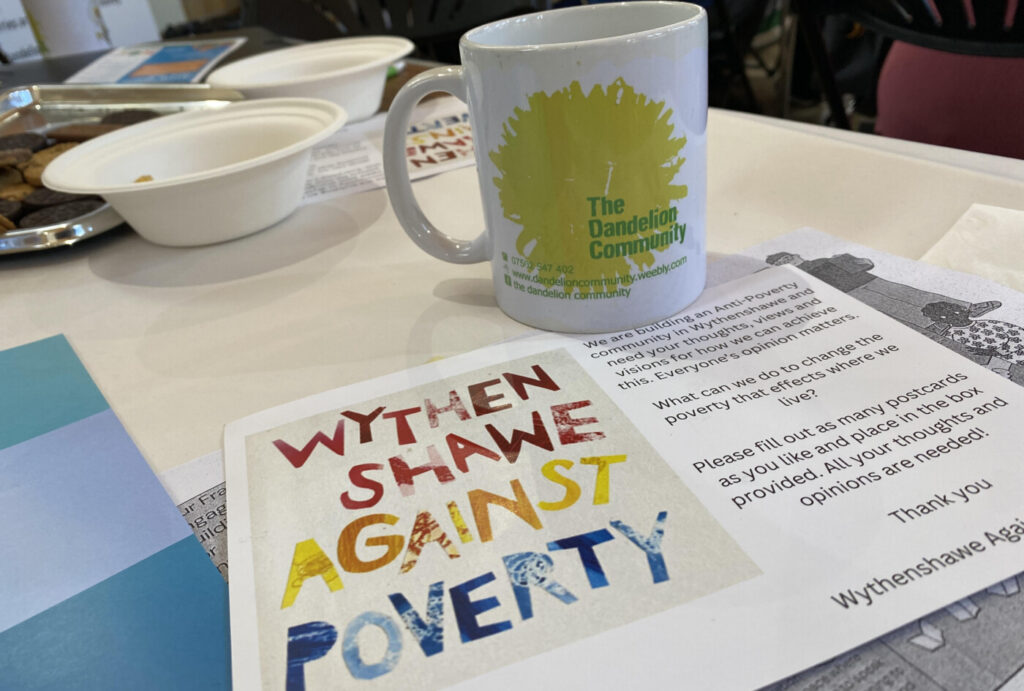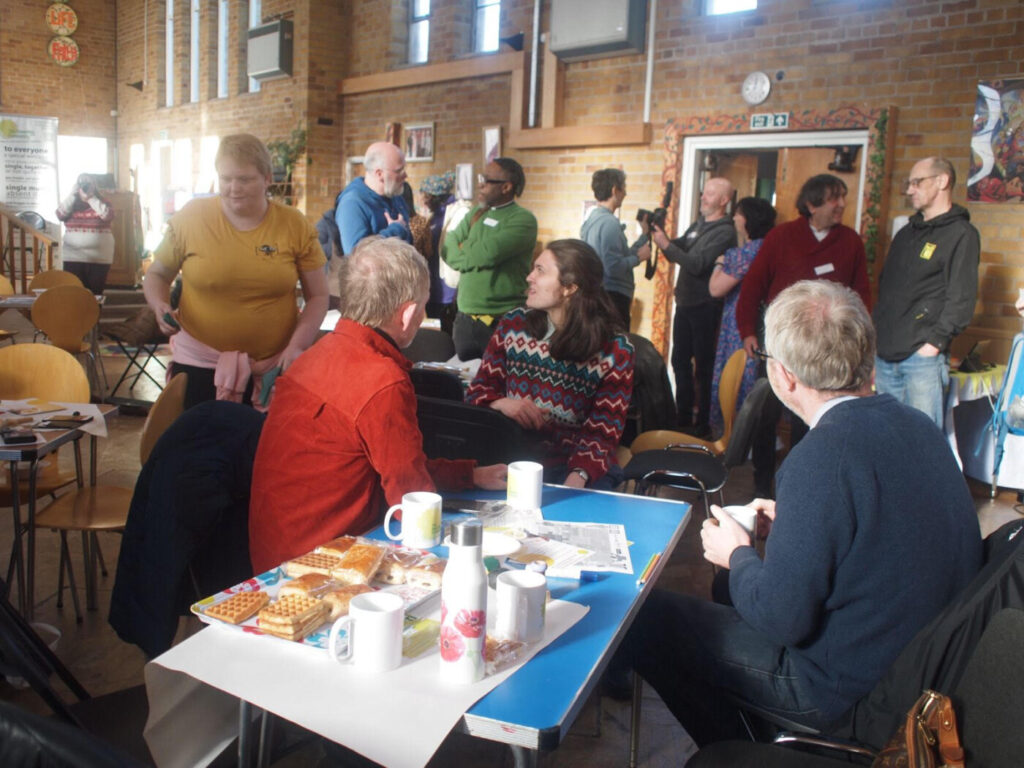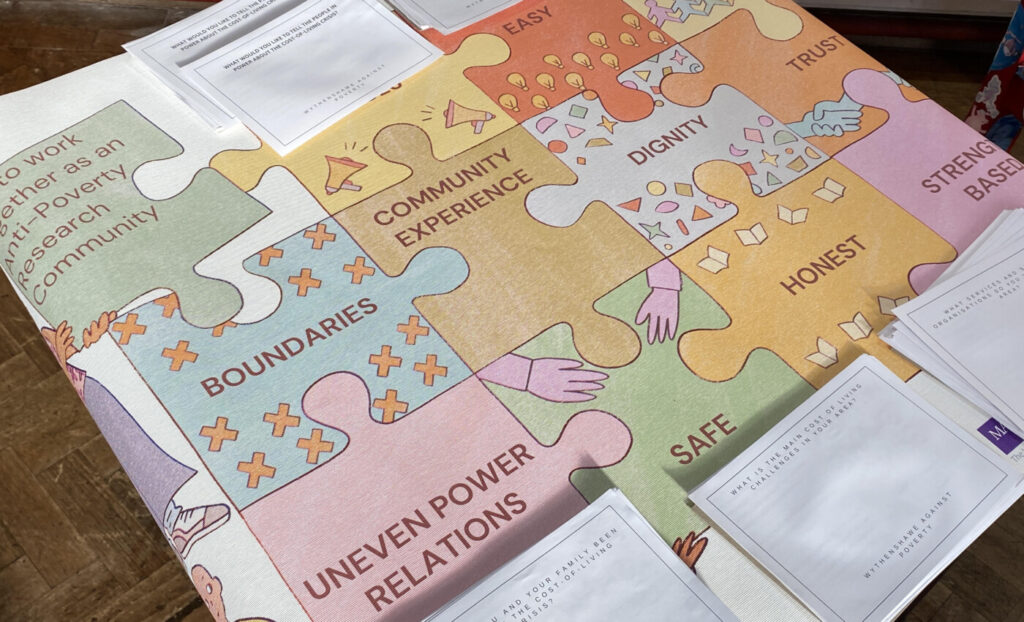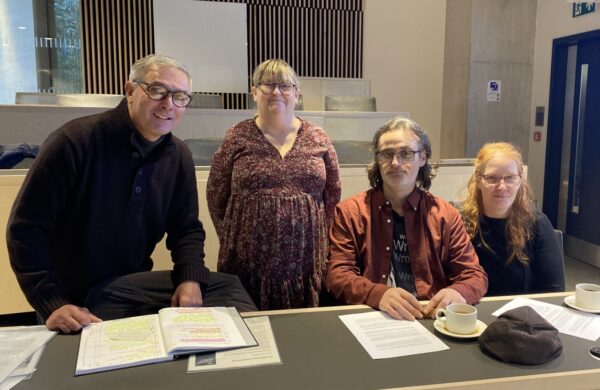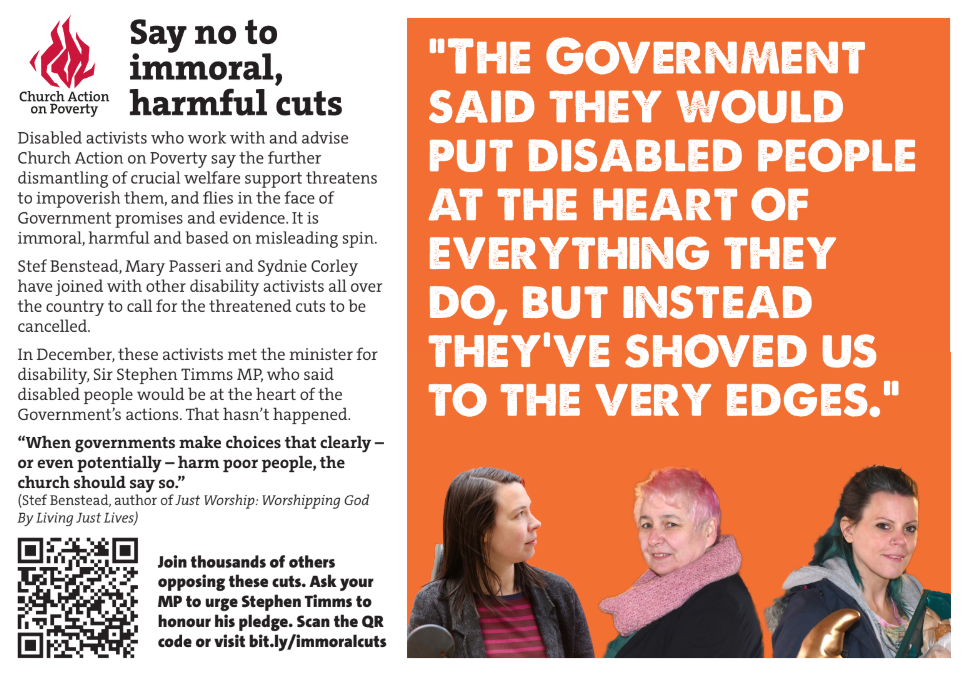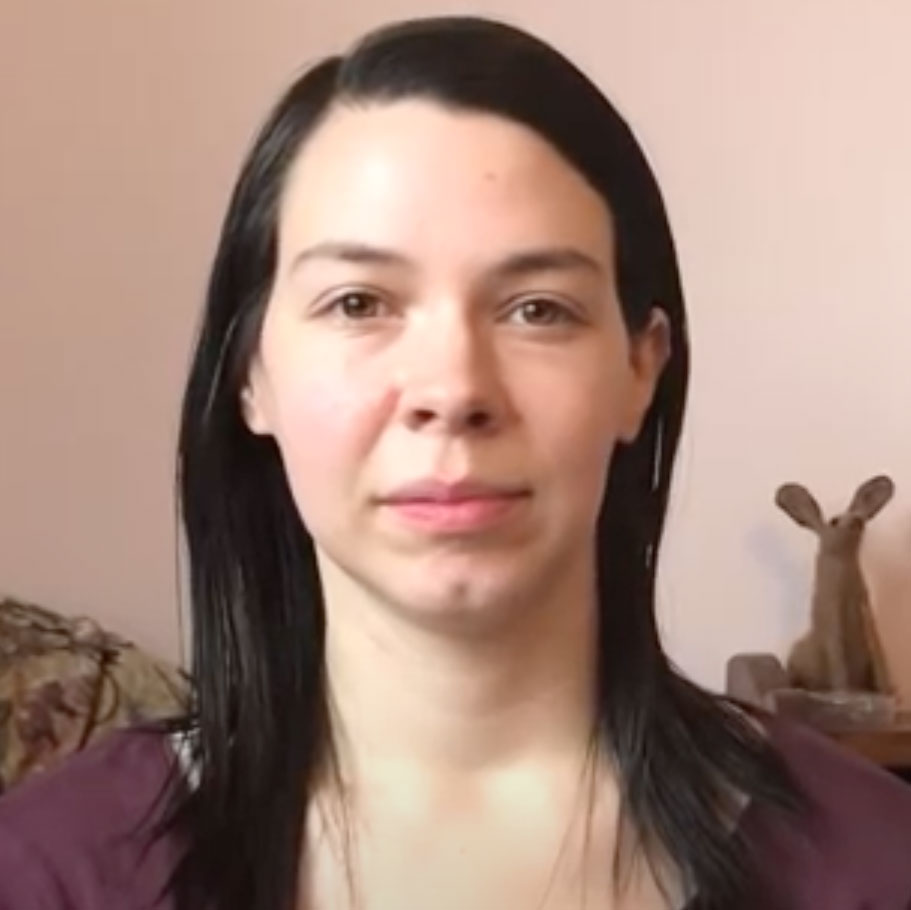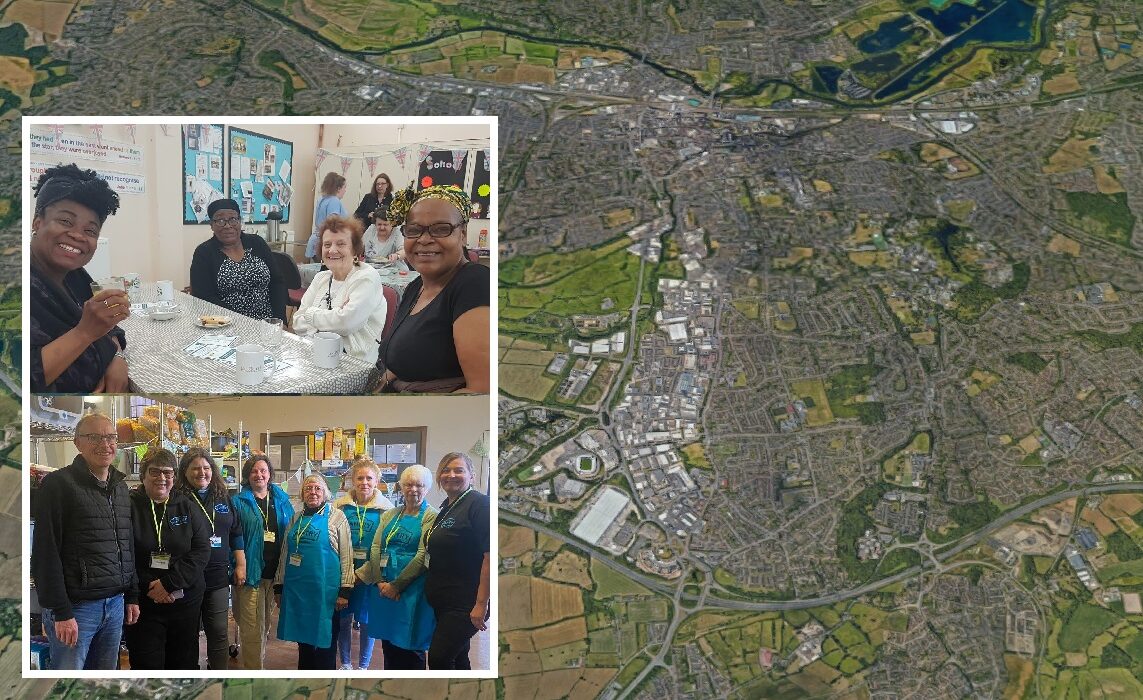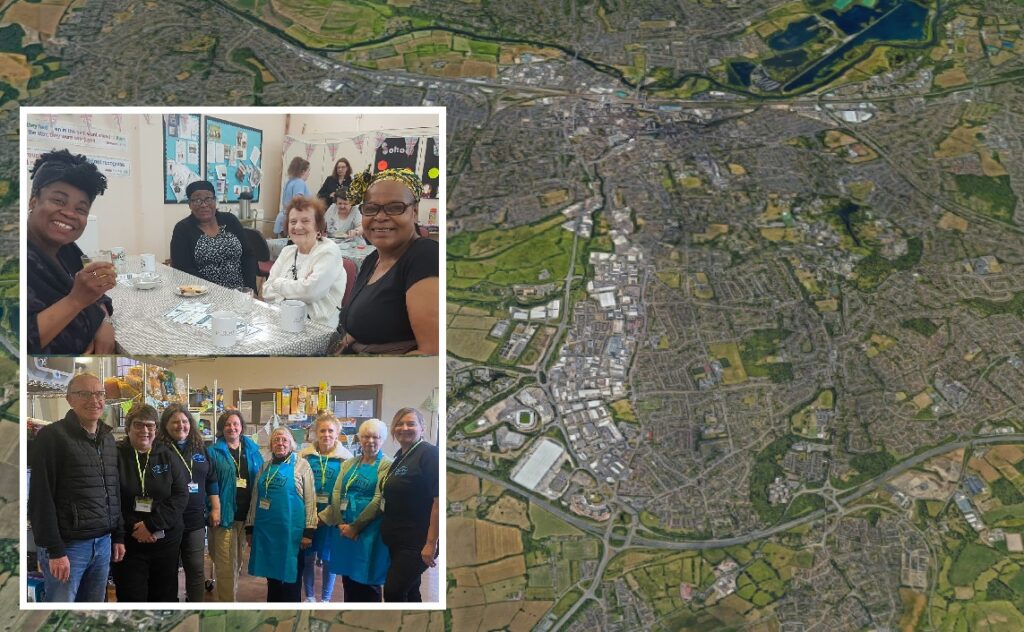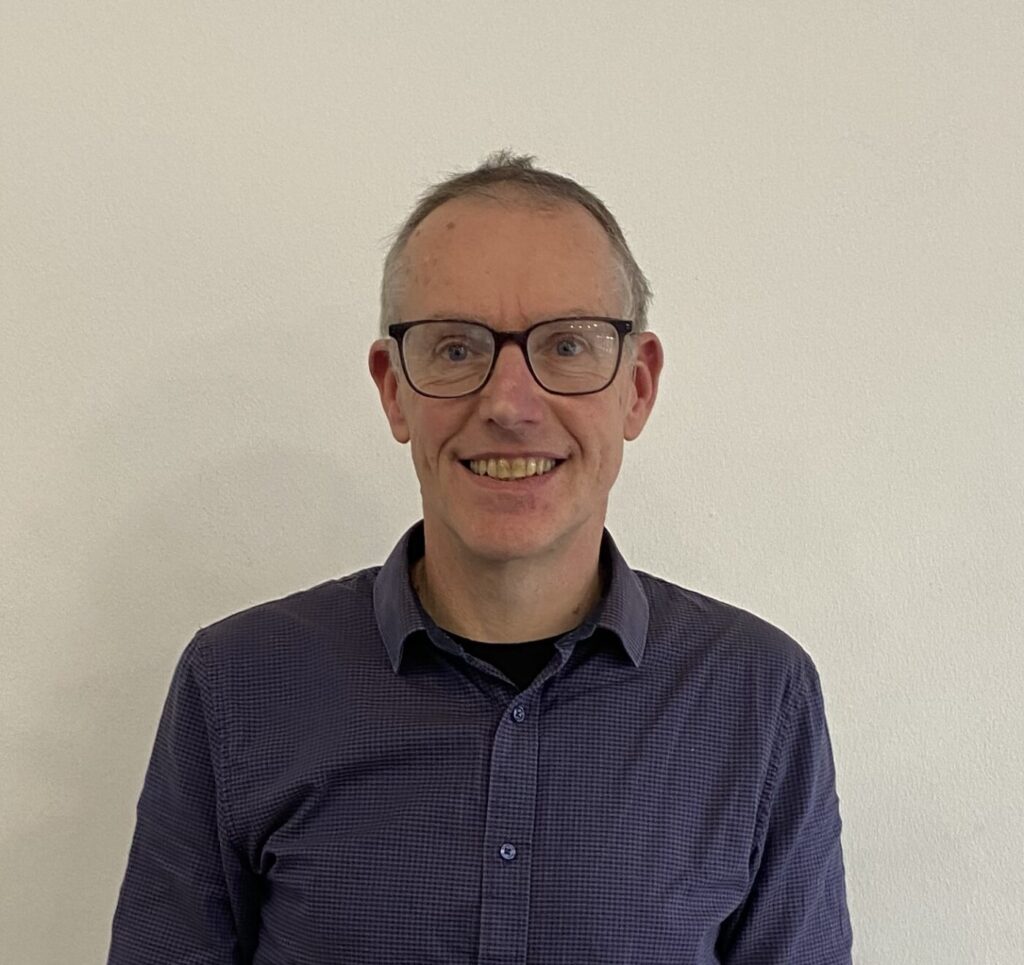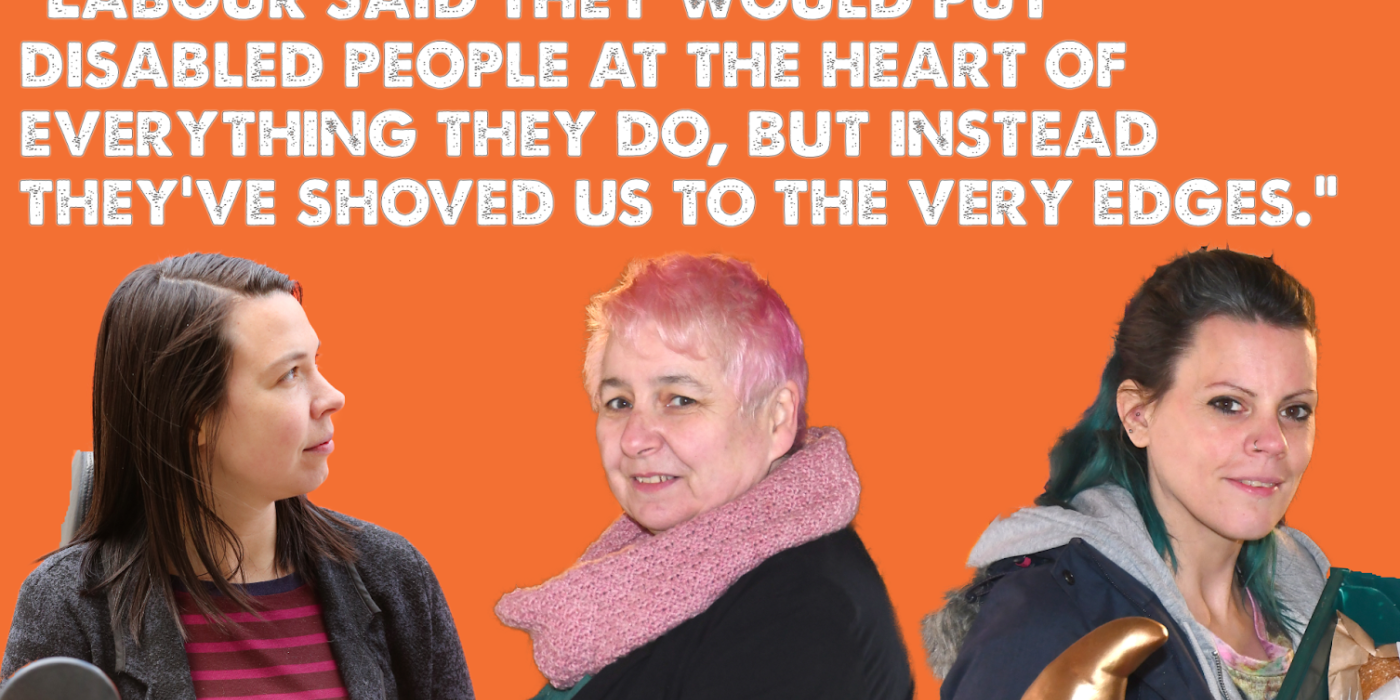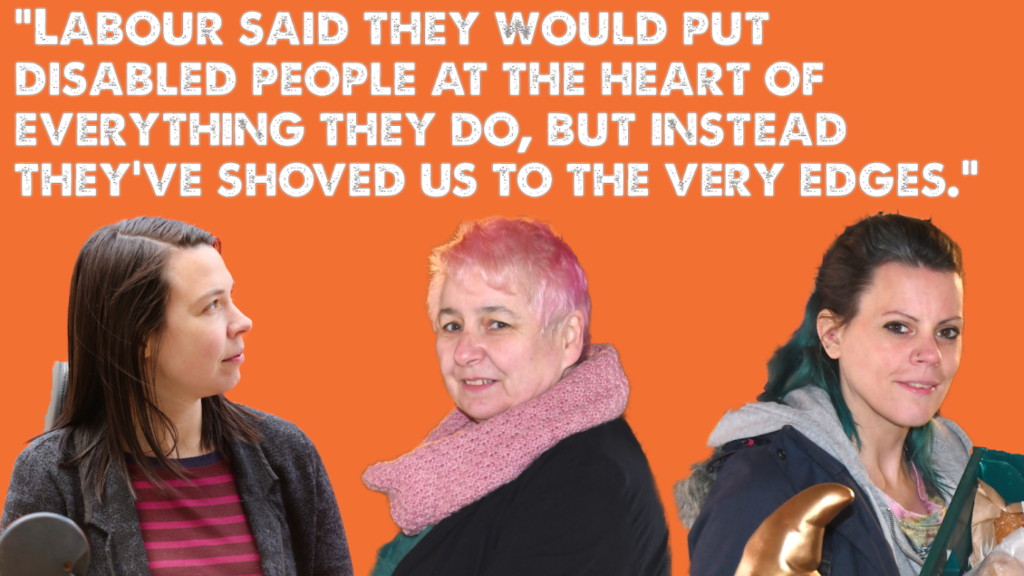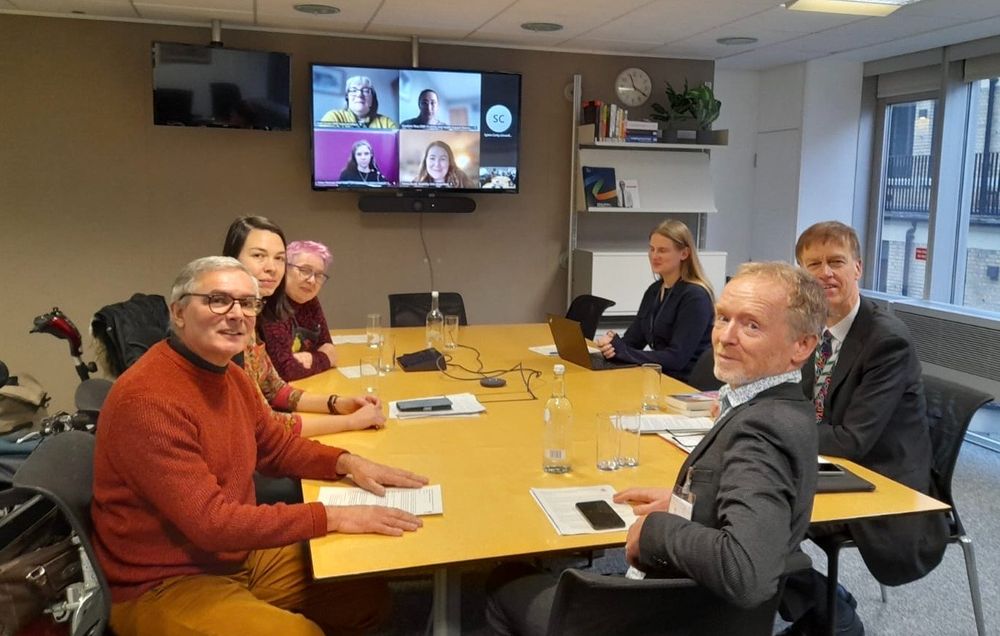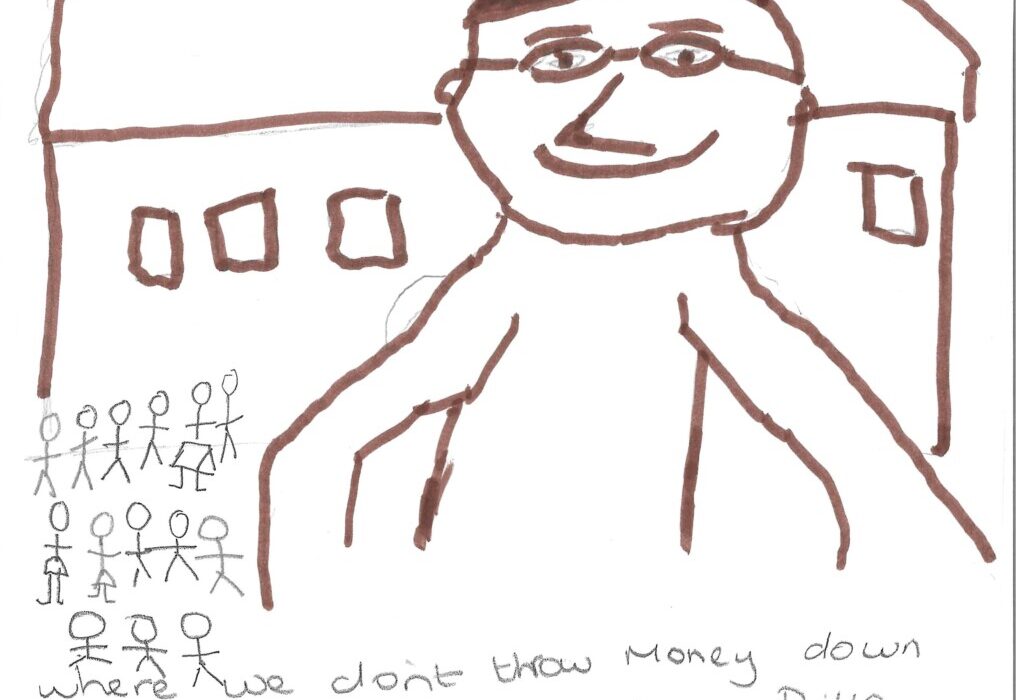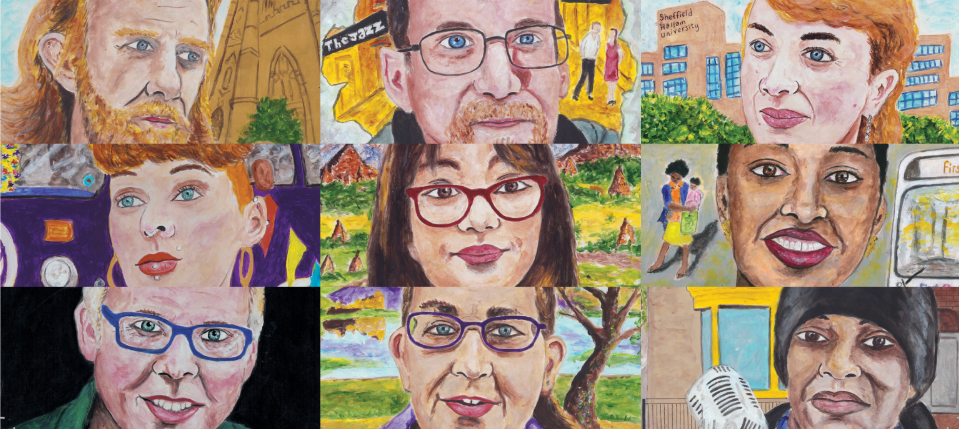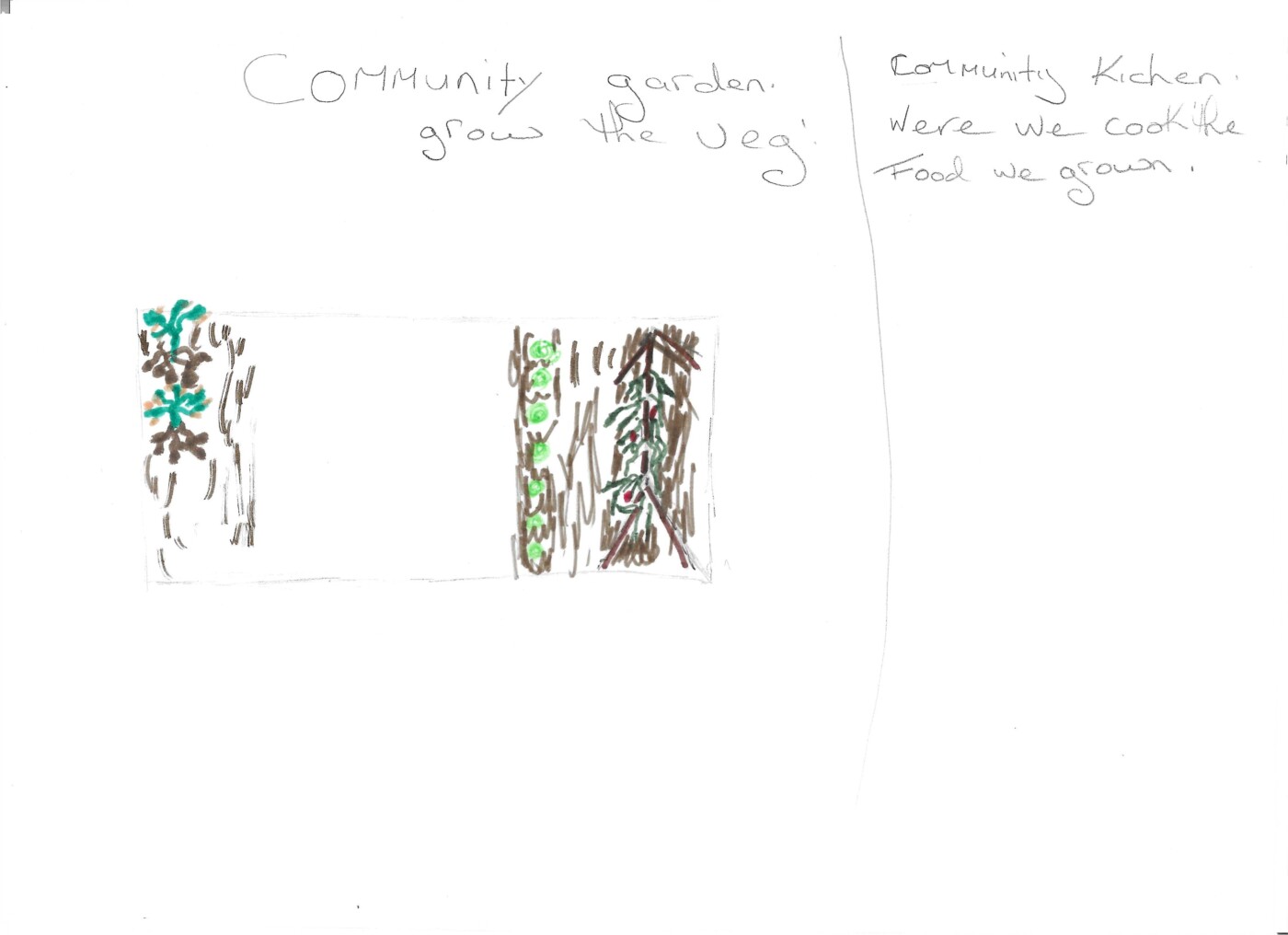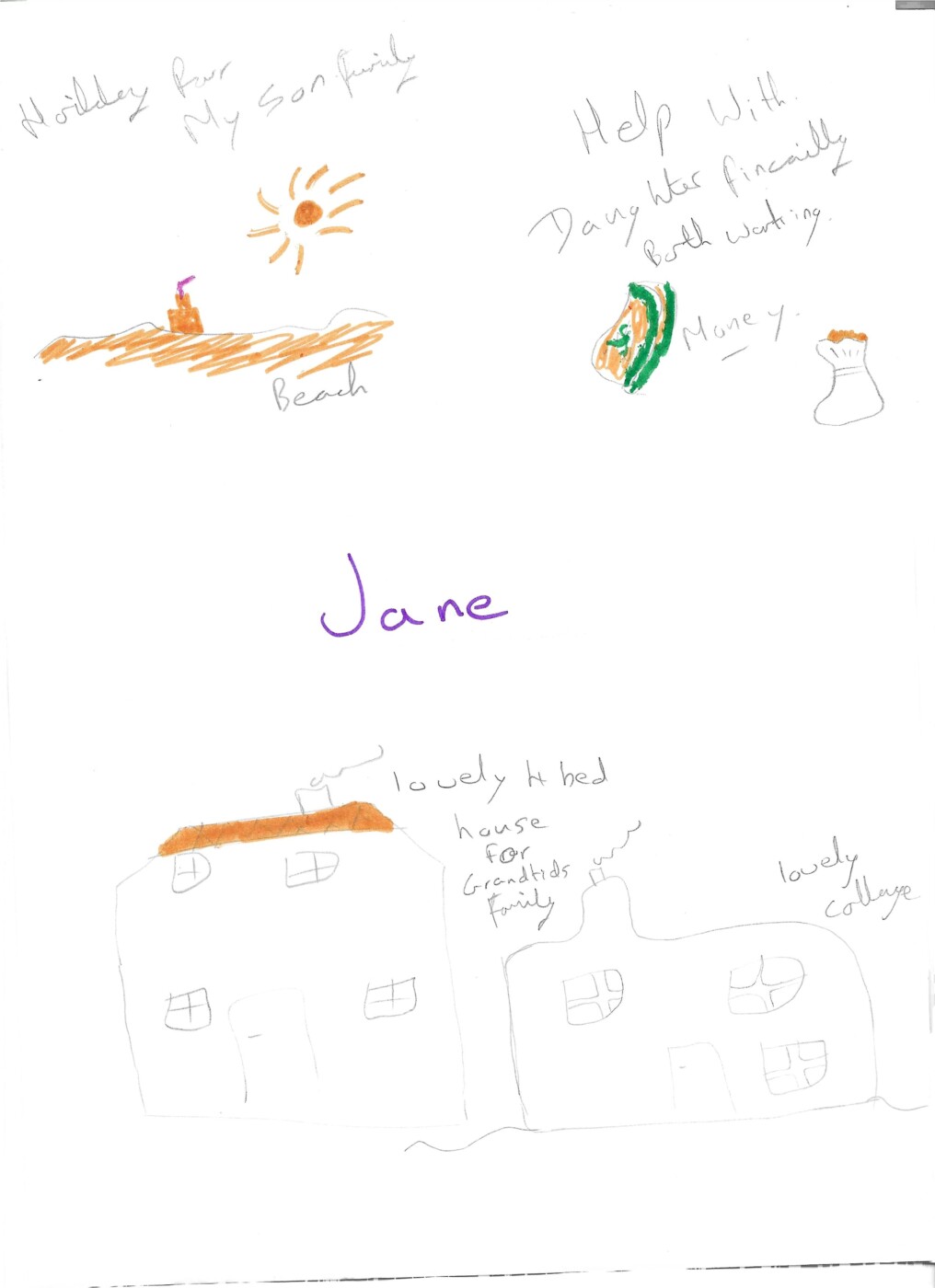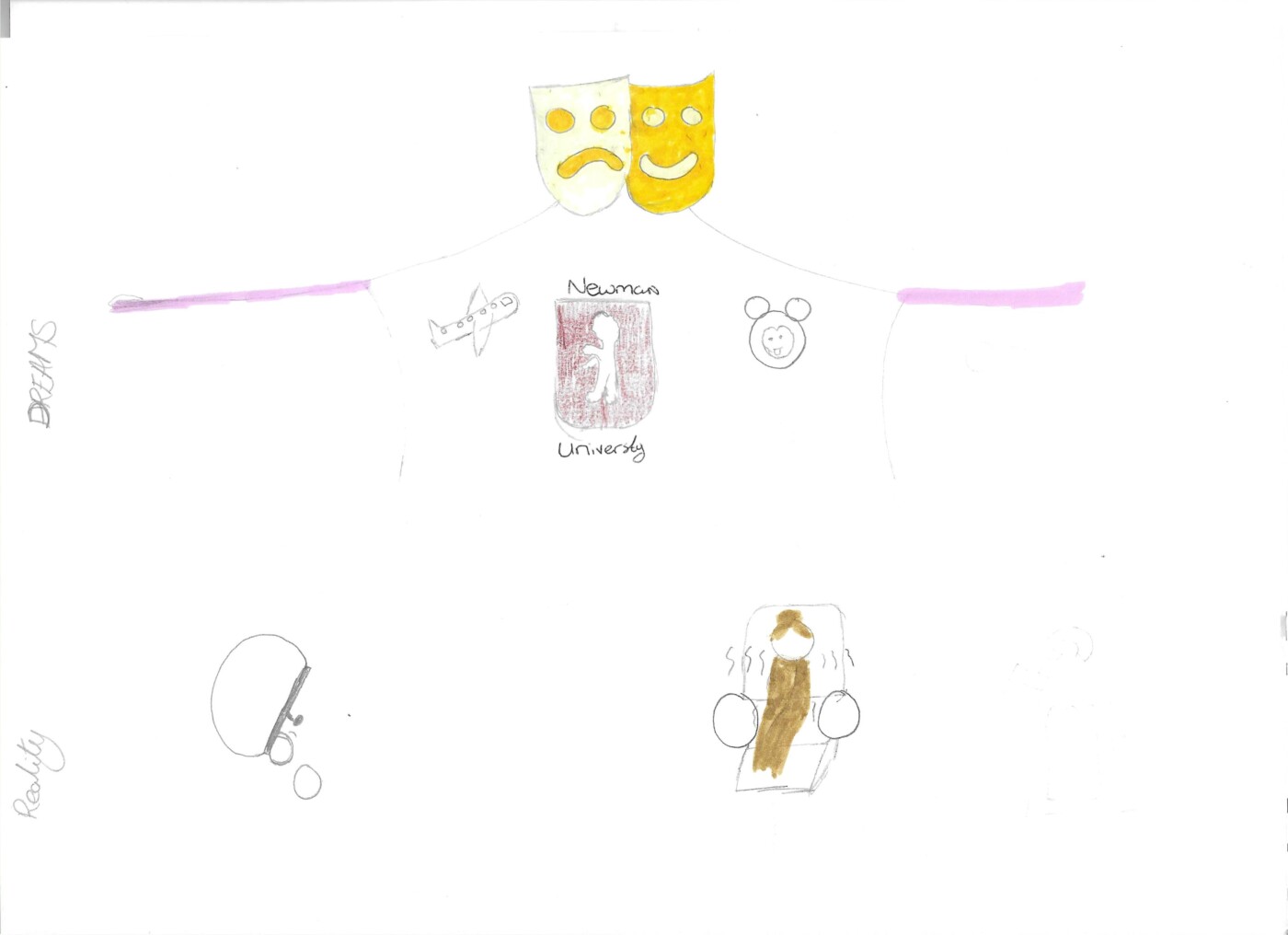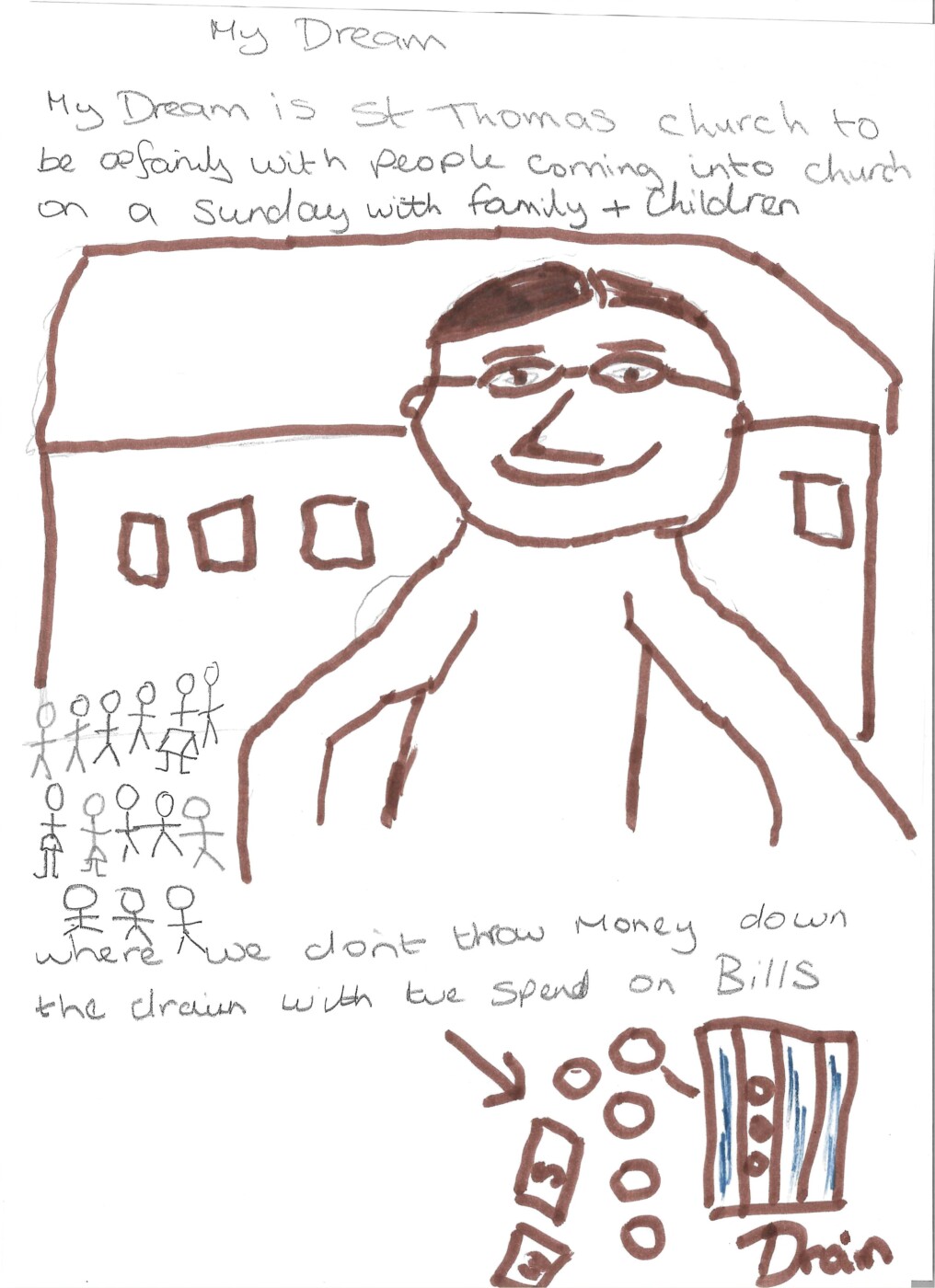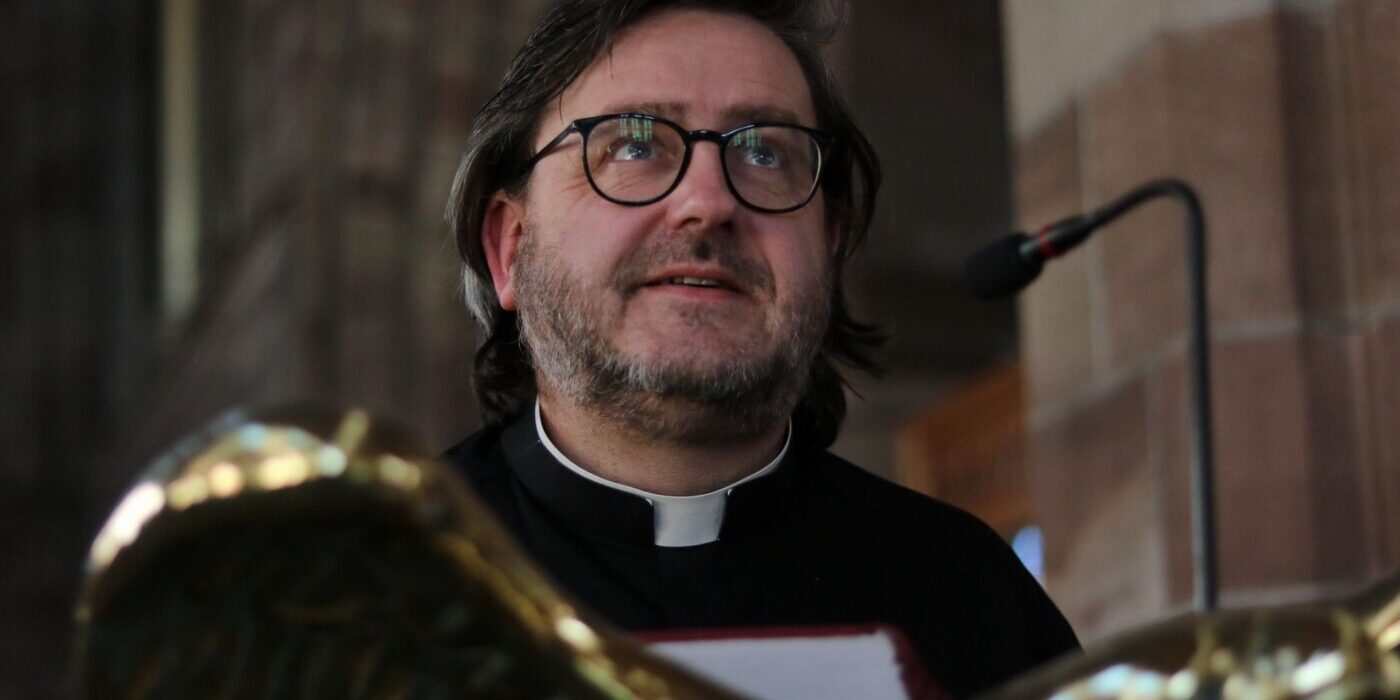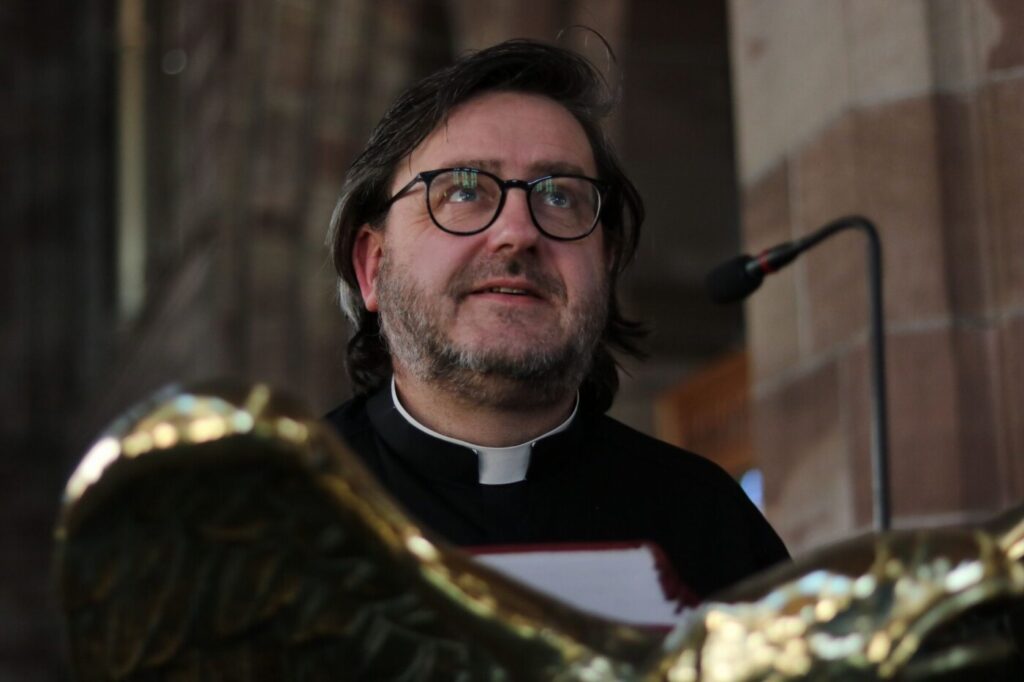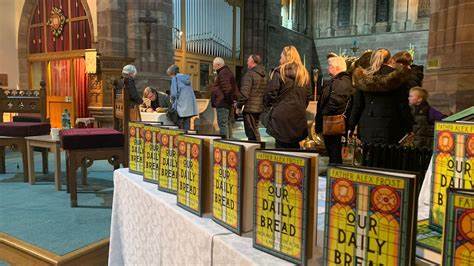Could you help us reach out to churches and supporters?
We need volunteers to help us get people signed up to take part in Church Action on Poverty Sunday.

Church Action on Poverty Sunday is our key opportunity for fundraising in churches across the UK. The money we raise is vital to enable more people to reclaim dignity, agency and power.
This year, we are moving Church Action on Poverty Sunday so it takes place on 19 October, at the end of Challenge Poverty Week England and Wales.
We have a very small staff team. A small number of volunteers could help us reach out to more churches for this key event, and make an even greater impact. Could you help?
We’re looking for volunteers who can help us sign up churches and supporters for the event, by making phone calls during June and July 2025. The role will involve…
- Telephoning a number of contacts on a list supplied from our database
- Talking briefly to each contact about Church Action on Poverty Sunday and other ways their church could partner with us
- Noting their response on a simple online form
You will need…
- A confident telephone manner and the ability to talk politely and clearly
- The confidence to ask people to take part in fundraising activities and make commitments on behalf of their church
- Some familiarity with Church Action on Poverty’s work, and a sympathy with our vision and values
- A phone with good reception and enough call time to make numerous phone calls
- A computer or tablet and an internet connection
- At least 20 hours to offer – you can make the calls at times to suit you
We will provide…
- An online training session to explain the process
- A script and set of guidelines to help you make the calls
- Access to a list of contacts and an online form for recording responses
All volunteers will be required to read and abide by Church Action on Poverty’s privacy and data protection policies before gaining access to confidential contact details for supporters.



